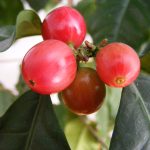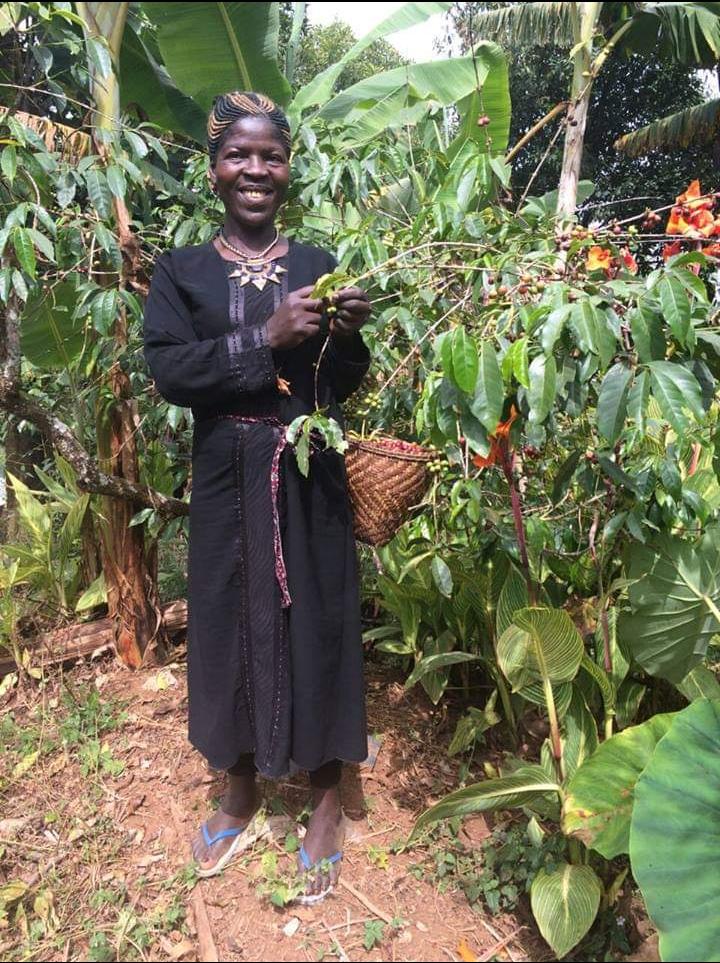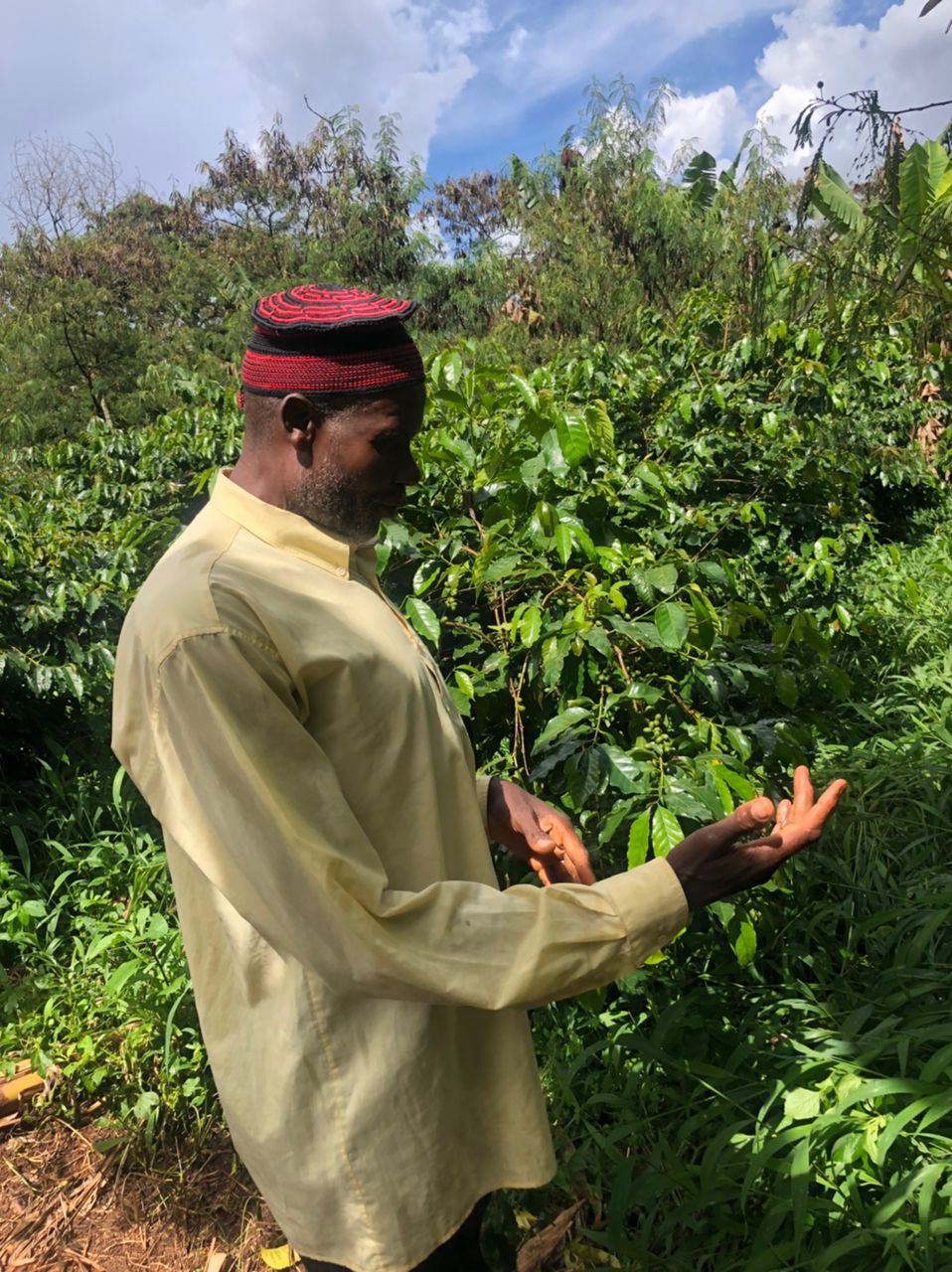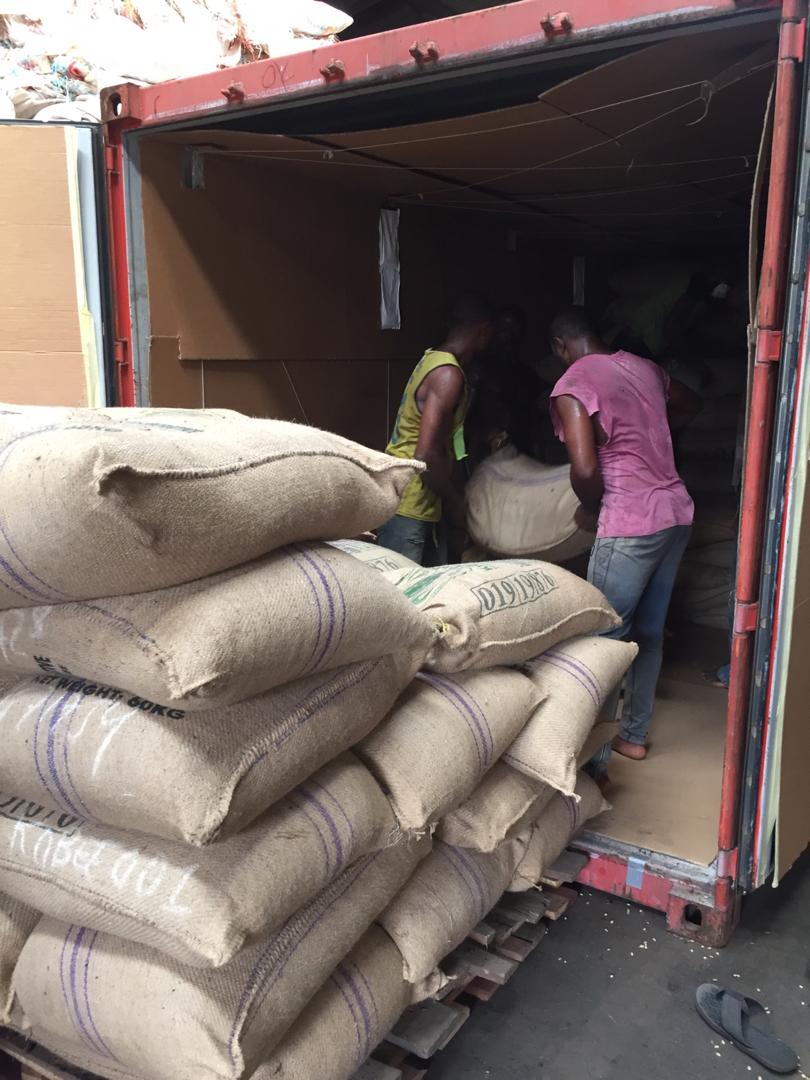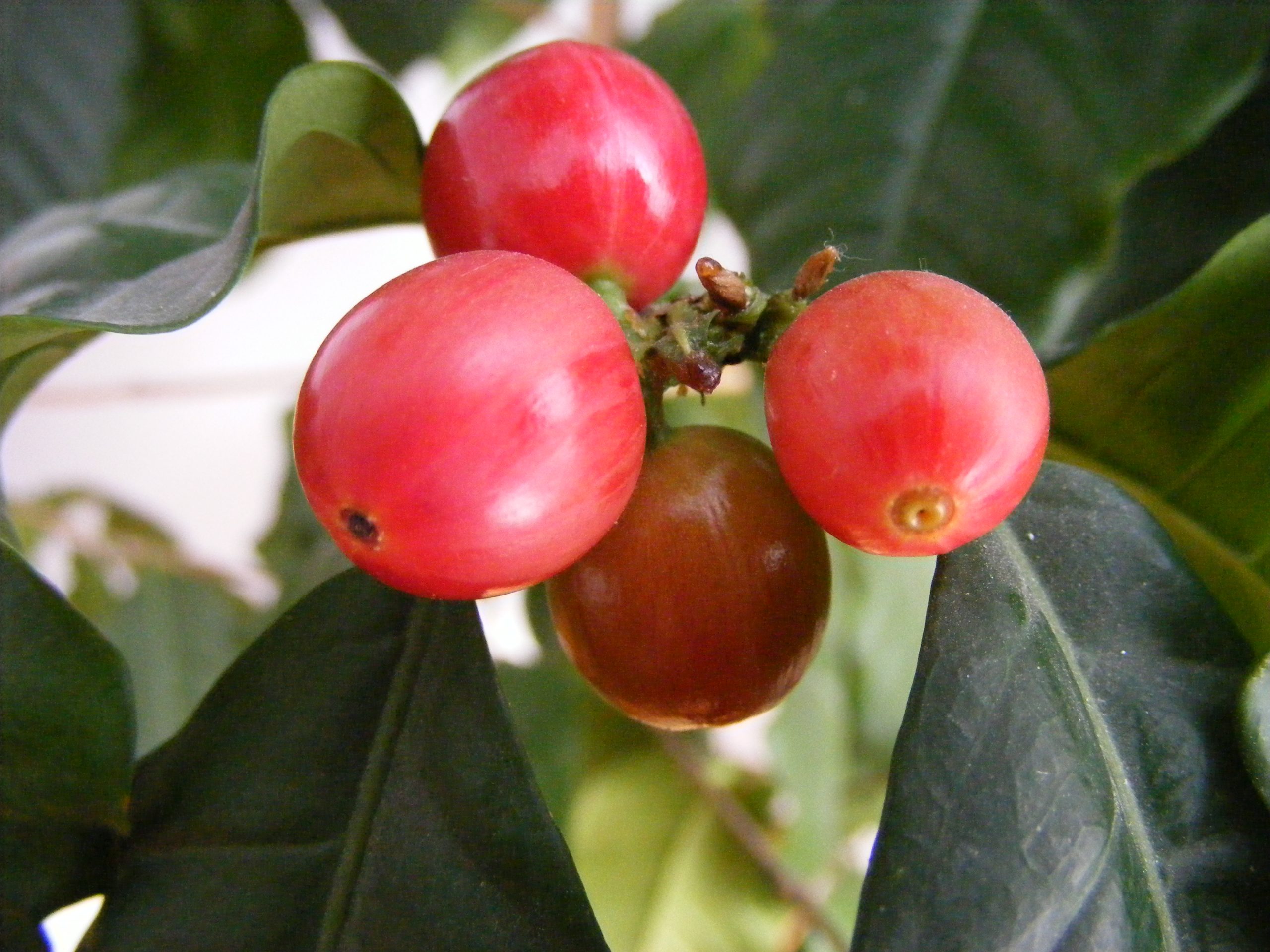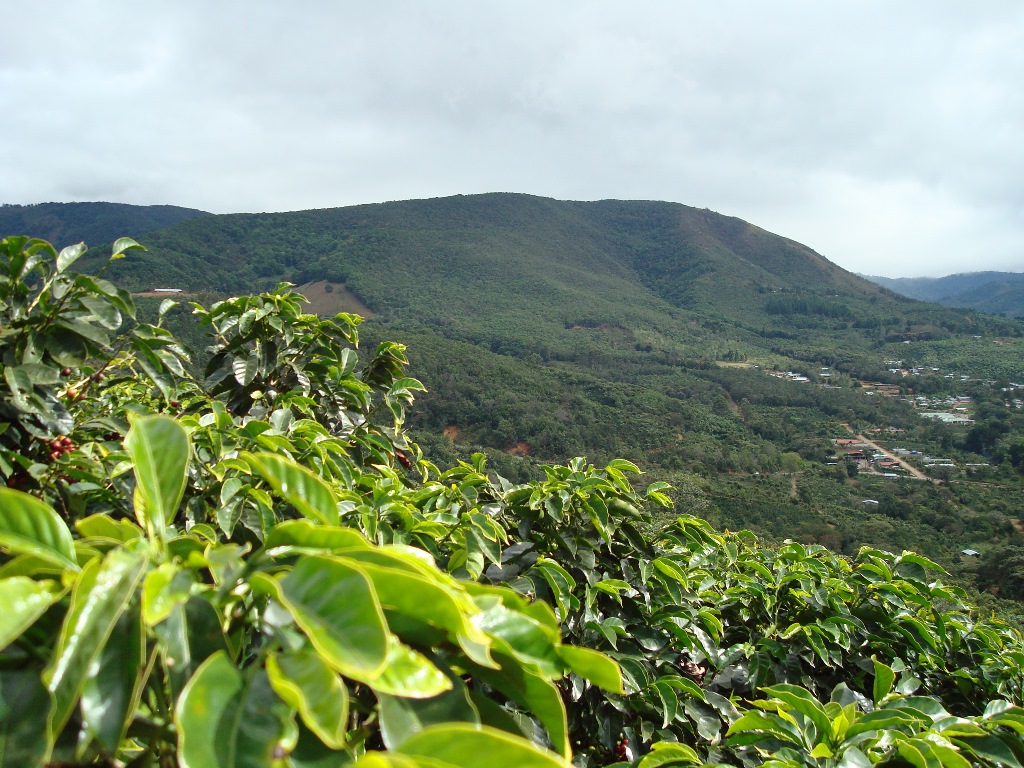
Northwest Cameroon: The Arabica Coffee Source
The high quality Arabica coffee from the high mountains of the North West region of Cameroon is a result of its unique geographical and climatic conditions. The North West region of Cameroon is known for its mountainous terrain and high altitudes, which provide the ideal conditions for growing Arabica coffee. The North West region of Cameroon, with its fertile volcanic soils and cool temperatures, creates the perfect environment for Arabica coffee cultivation. The region’s high altitudes, between 1,000 to 2,000 meters above sea level, contribute to the slow ripening of the coffee cherries, allowing the beans to develop their complex flavors and aromas. Furthermore, the region’s abundant rainfall and rich biodiversity create a unique ecological balance that enhances the quality of the coffee beans. ## Genetic Diversity and Improvement of Arabica Coffee The genetic diversity of Arabica coffee plays a crucial role in its improvement and breeding programs. Ethiopia, the homeland and center of genetic diversity of Arabica coffee, is of particular importance in this regard(Review on Genetic Diversity of Coffee (Coffea Arabica .L) in Ethiopia, 2017). The wild populations of Arabica coffee in the afromontane rainforests of Ethiopia have genetic diversity and desirable traits that can be used to enhance the cultivated varieties of Arabica coffee. By studying and preserving the genetic diversity of Arabica coffee in Ethiopia and other regions, scientists and breeders can develop new varieties that are more resistant to diseases, pests, and climate change, while maintaining the unique flavors and qualities that Arabica coffee is known for.
The importance of genetic diversity in Arabica coffee cannot be underestimated, as it provides the raw materials for breeding programs aimed at improving productivity and disease resistance. Ethiopian C. arabica accessions have been used as parents in breeding programs, resulting in hybrid varieties with higher productivity, particularly in full sun

